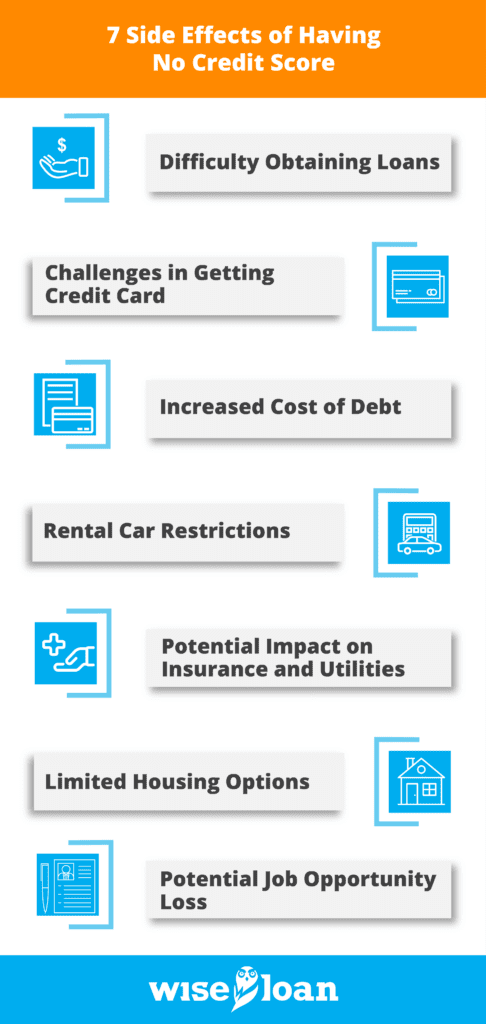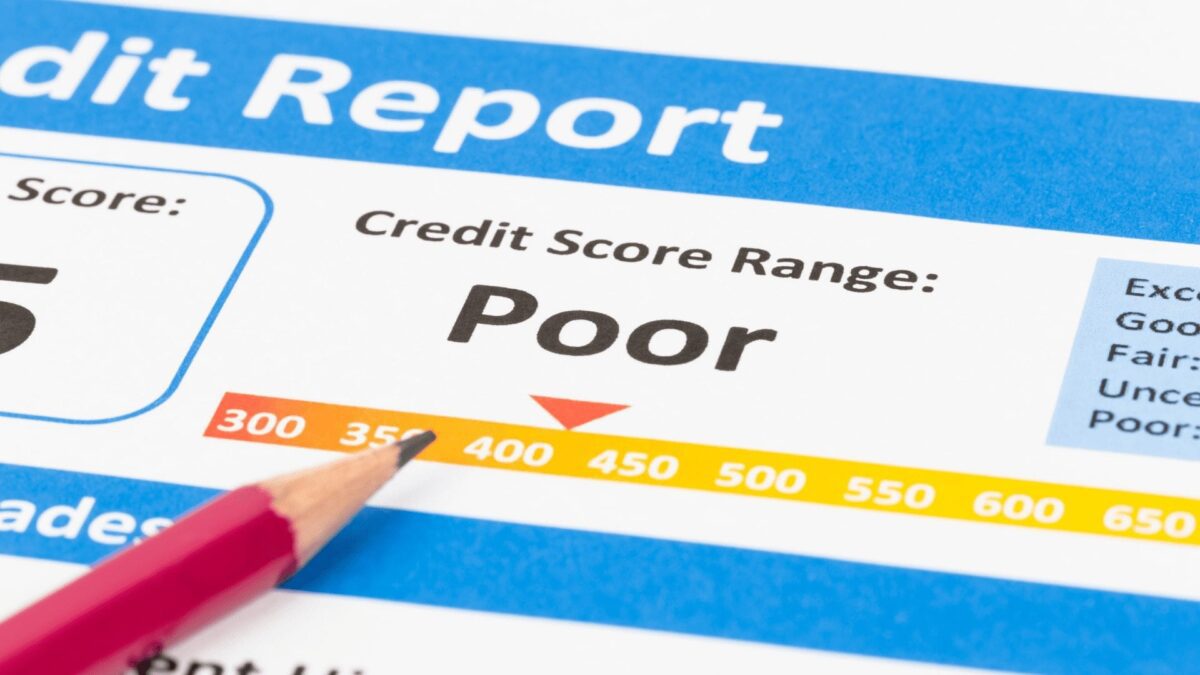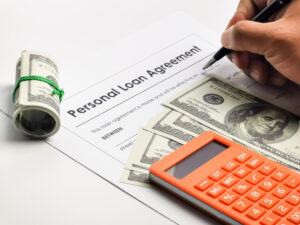Having no credit score can be equally or even more detrimental than having bad credit, and many of the consequences associated with no credit are similar to those with poor credit. Understanding the reasons for lacking a credit score, the potential causes, and possible solutions is essential.
Why You May Lack a Credit Score
If you find yourself without a credit score, it indicates that there isn’t sufficient information in your credit history for credit scoring models to generate one. To grasp this concept better, let’s briefly examine how credit scores are calculated:
Various businesses and lenders report information about you to credit bureaus, such as the types of accounts you open, your account balances, and your repayment history.
Credit bureaus then use different scoring models, the most prominent being FICO and VantageScore, which apply algorithms to determine your credit score based on the information in your credit profile.
Every scoring model requires a minimum amount of information to create a score. For instance, FICO models mandate at least one open account reported within the past six months, which has been active for at least six months. On the other hand, certain VantageScore models may require a shorter credit history, enabling you to obtain a score with them earlier than with FICO models.
It’s quite common for young adults, particularly those turning 18 or transitioning from college, to have what is referred to as a “thin credit file.” This means that they lack enough credit history to generate a credit score or don’t possess sufficient information for a favorable credit assessment.
Other reasons for not having a credit score include:
- No history of taking on any form of debt or debt that was reported to credit bureaus.
- Living outside the country for an extended period without any U.S.-based debt activity.
- A prolonged absence from any kind of debt, as old debt information eventually ages off your credit profiles.
If you find yourself in this situation, it’s crucial to explore potential remedies to improve your credit standing and build a positive credit history.
7 Consequences of Limited or No Credit History
If you find yourself without a credit score or possessing a thin credit file, it can have several negative impacts on your financial life. Here are seven side effects that may arise from having limited credit information:
- Difficulty Obtaining Loans
Qualifying for loan offers often relies on the information in your credit profile and credit score. A higher credit score indicates responsible debt management and makes you more appealing to lenders. Consequently, some banks and lenders may deny loan approvals to individuals without a credit score. While not all loans require a credit score, lacking one can restrict your borrowing options.
2. Challenges in Getting Credit Cards
Similar to loans, credit card approval can be affected by the absence of a credit score. Although there are credit card products tailored for individuals with poor or no credit history, these often come with lower credit limits and fewer benefits. To access credit cards with higher limits and additional perks like travel points, a decent credit score is typically required.
3. Increased Cost of Debt
Securing debt without a credit score may lead to higher fees and interest rates. Lenders may charge more to compensate for the uncertainty surrounding the risk of lending to someone without a credit history. Consequently, you may end up paying back significantly more over time, and your monthly debt payments could be higher.

4. Rental Car Restrictions
Renting a car can be challenging without a credit card, as car rental companies heavily favor customers who possess one. If you lack a credit card with a sufficient available balance to cover the rental cost, you may be left with using a debit card. However, using a debit card often comes with additional restrictions, including limitations on the types of cars available for rental, temporary holds on your account (sometimes exceeding $500 above the rental cost), and a requirement for a minimum credit score through a credit check.
- Potential Impact on Insurance and Utilities
Not having a credit score can lead to increased costs even in seemingly unrelated areas such as car insurance and utilities. Insurance companies often conduct credit checks while setting up accounts or determining premium amounts. For car insurance, your credit might be used as a factor to assess your risk as a driver. A lack of credit score or a poor one could result in higher premiums, as it may be perceived as a higher risk.
Utility companies typically provide services on credit, meaning you use their services during the month and pay for them in the following billing cycle. Without a credit score, these companies may require you to provide a deposit as security, which could cover the cost of services if you fail to pay your bill on time.
- Limited Housing Options
Securing a mortgage without any established credit history or credit score can be exceedingly difficult. Even for renting, landlords often check credit to gauge an applicant’s ability to pay rent punctually. With no credit score, your housing options might be restricted to landlords willing to take a chance on someone without a credit history.
- Potential Job Opportunity Loss
In certain job positions, especially those involving financial responsibilities or money handling, employers may include credit checks as part of their background screening process. If you lack a credit score and apply for such a job, you could risk losing out on employment opportunities.
What Can You Do if You Have No Credit Score?
To build a credit history for the future, consider starting with small credit-building steps, such as obtaining a secured credit card or a personal loan. Ensure that you work with lenders who report to the credit bureaus, as this will help establish your credit profile. For instance, Wise Loan is a lender that approves applicants regardless of their credit history and reports to two major credit bureaus to aid in building credit.
If you are a college student or recently graduated, explore other options to enhance your credit profile. Timely payment of student loans and utilizing products like Experian Boost™ can convert utility payments into trade lines on your credit report, giving you credit for paying those bills on time.
Ready to embark on your credit-building journey? Consider applying for a Wise Loan today.
The recommendations contained in this article are designed for informational purposes only. Essential Lending DBA Wise Loan does not guarantee the accuracy of the information provided in this article; is not responsible for any errors, omissions, or misrepresentations; and is not responsible for the consequences of any decisions or actions taken as a result of the information provided above.
More information on Installment Loans and how they work in your state:











